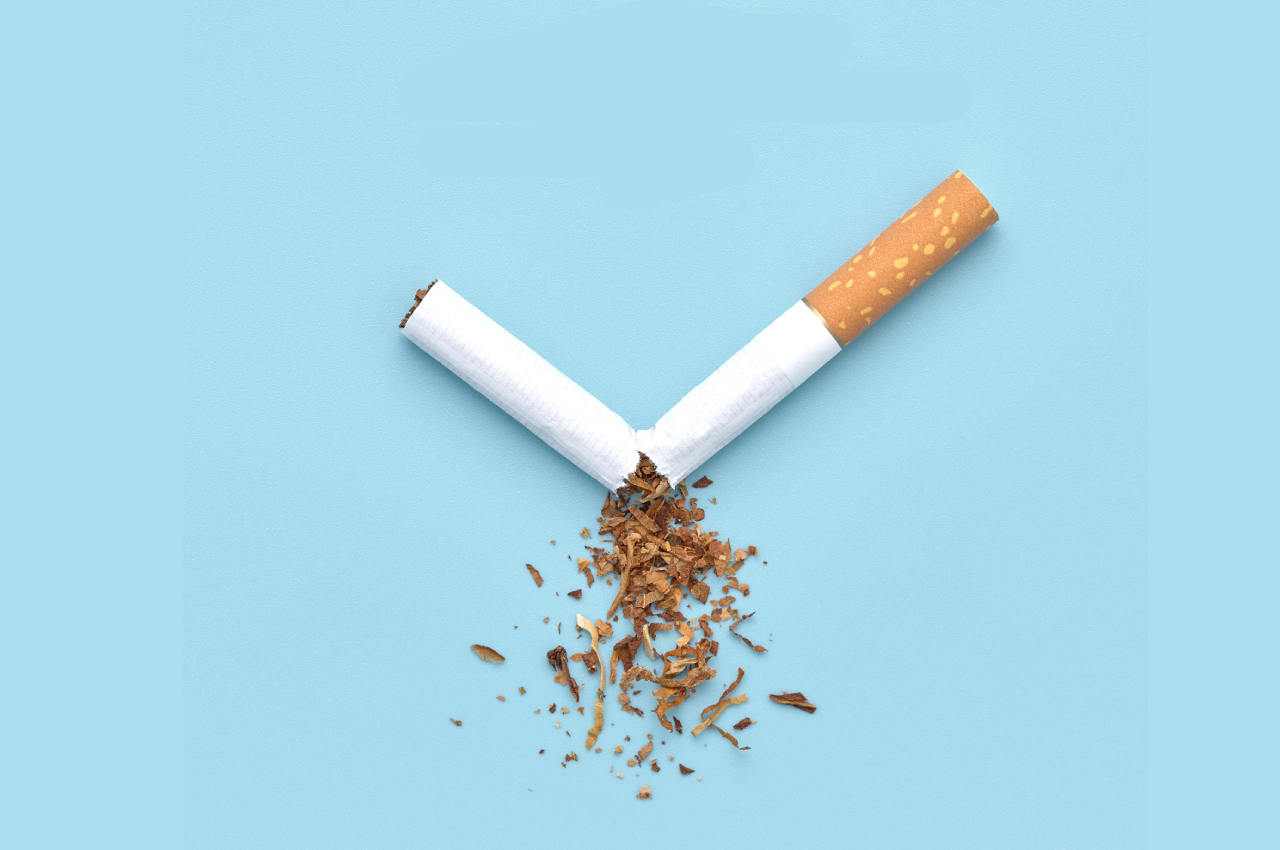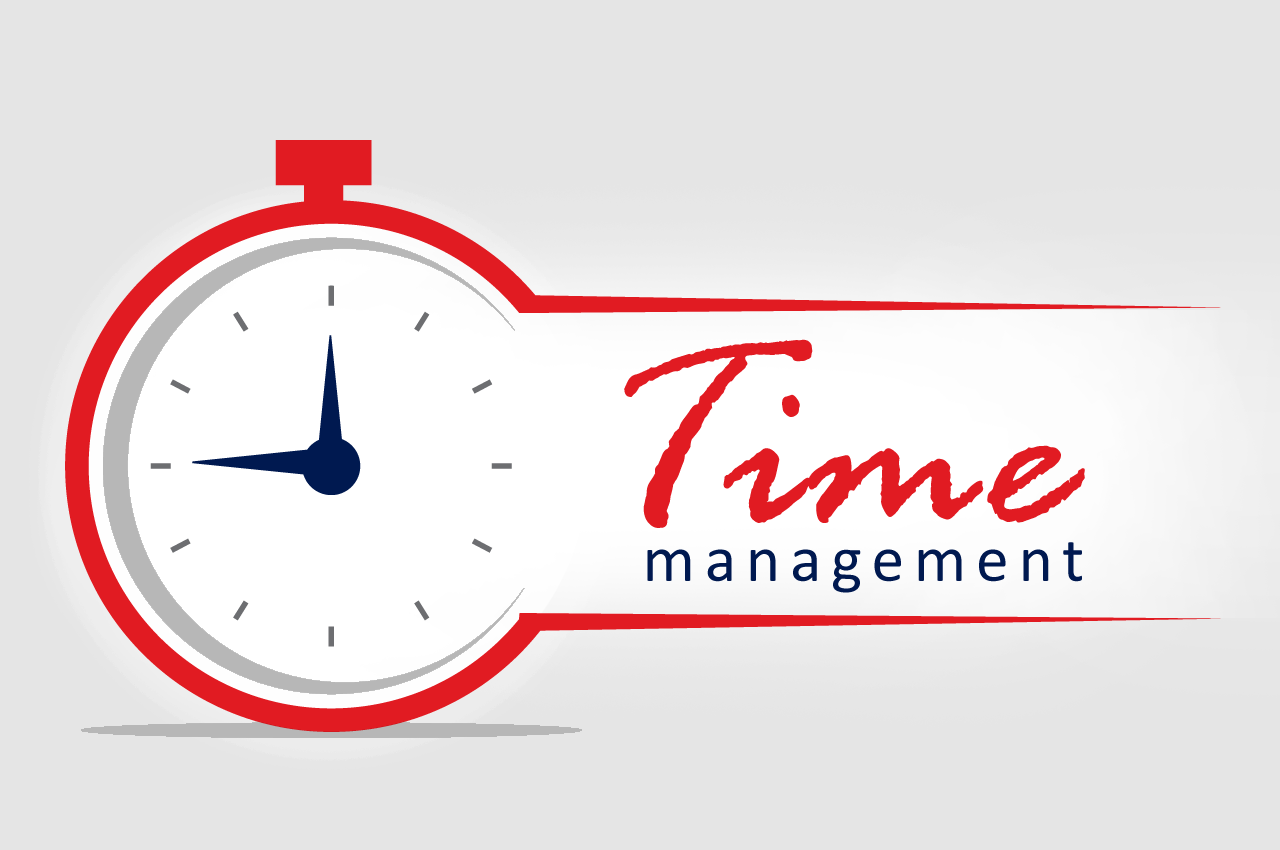Simply being ‘tough’ can leave you feeling hard, unyielding and scarred. Real resilience is about also gaining wisdom so that you can remain standing and enjoy life, even when hurtful things happen.
As the pace of change in the world of work speeds up, the future becomes less predictable. To be able to guide yourself through this state of uncertainty with confidence and positive expectation, it is important to develop the capacity to be resilient. This capacity is all about learning quickly and gaining wisdom in the learning process.

There are four phases in the learning cycle; (i) conscious and (ii) unconscious competence; (iii) unconscious and (iv) conscious incompetence. Competence relates to good habits; knowing how to act and achieve the desired results. Incompetence relates to bad habits; realising that the situation has changed, and you must act in a different way.
The usual way of finding that your actions no longer work is through criticism by others. Positive criticism focuses on the actions that produce undesired consequences; it helps identify ways of achieving the desired result. Negative criticism tends to focus on the person; restricted to the undesired consequences. Resilience is about learning to deal with both forms of criticism and remaining in a positive emotional state.
Most actions that produce negative consequences do not come from bad intentions. Whilst the action might have been effective sometime before, somewhere else, or in a different situation; times have changed. New work requirements, or technical changes simply need to be handled differently. So, the best way to view criticism is to simply see it as feedback. Somebody said: “Feedback is the breakfast of champions!”
Here is the key to resilience. When your response to criticism is defensive, you will tend to stay in unconscious incompetence. You might pretend to be ‘tough’, but you will often deny your responsibility and project it on to ‘the system’ or to ‘others’. You might even want to find someone else to blame. The problem is that you still remain the victim.
However, when your response to criticism is to focus on the learning opportunity, you are being wise. You will be in conscious incompetence, meaning that you accept your responsibility. Now you take personal ownership of the challenge and are prepared to reach out and ask for help. You are willing to try something new. That’s the resilient response – and then you’ll be on your way to conscious competence – and have mastered a better way.
So, think about it; the quality of your work relationships will influence not only how prepared your colleagues are to give you the feedback you need to improve and grow, but also influences how sensitively you will be able to offer positive criticism to others. So, not only are you becoming more resilient, you’re becoming smarter and wiser – and so is the team.




